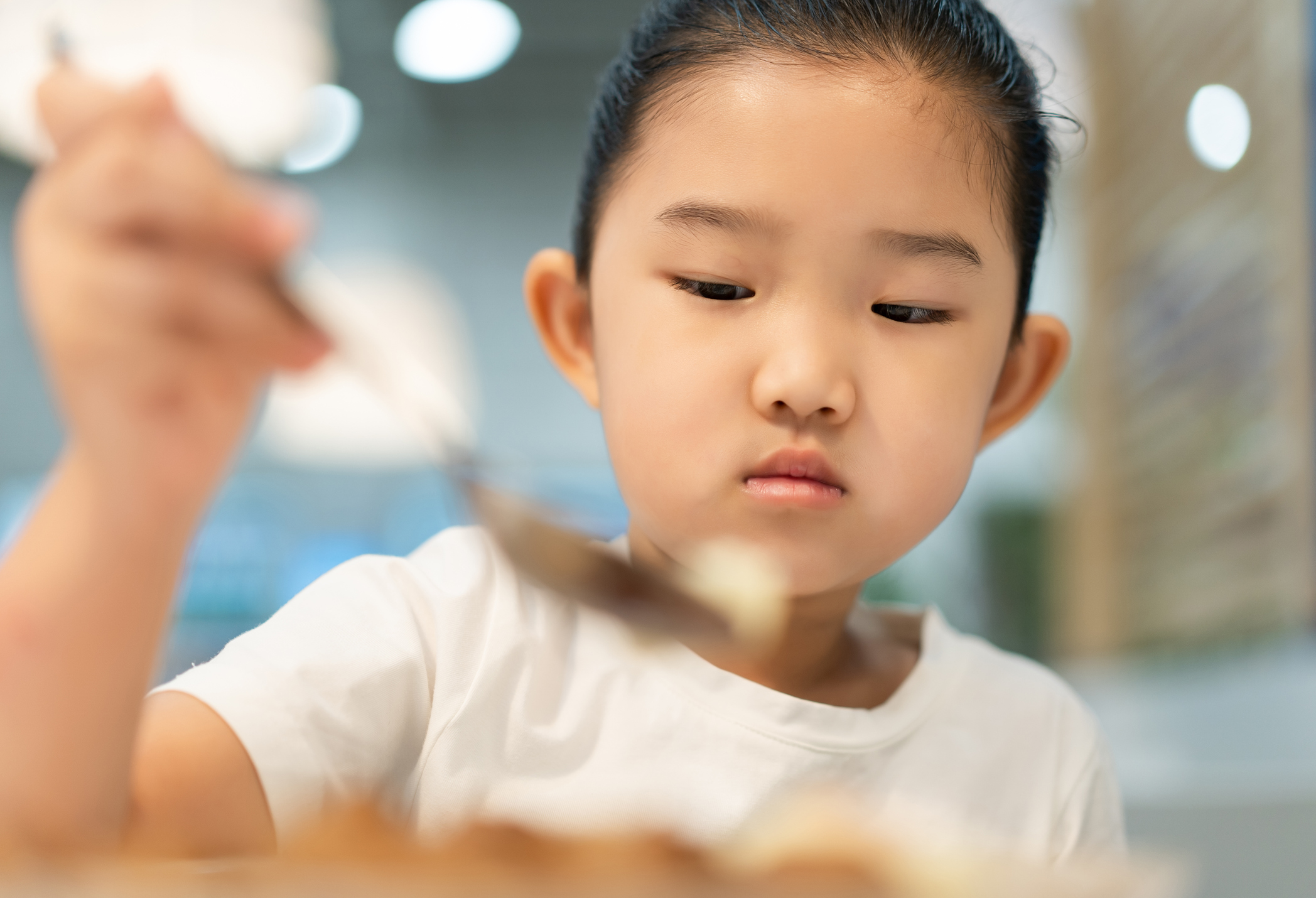
On Sundays, we go to my parents' house for dinner. My mom and dad will cook up a storm while our kids run amok, almost destroying every piece of furniture they own.
Recently, my mom made chow mein for dinner. It’s one of my daughter’s favorite dishes. My mom makes her own barbecue pork the night before, thinly slices it, adds slivered carrots, onions, and a generous portion of bean sprouts to the pan-fried noodles. She always makes more than enough so that we have leftovers to take home.
The next morning, as I’m packing my daughter’s lunch with the leftover chow mein, I start to reminisce about the lunches my mom packed for me when I was little. These noodles were often the exact thing I would bring to school. It brought back bittersweet childhood memories.
Growing up as a Chinese Canadian in a predominantly Caucasian neighborhood, I never really felt like I fit in.
From the language to the food, I always felt like I had two identities: one for home and one for school. Lunch was one of the things that crossed both. And sadly, there were times when kids made fun of my lunch. They thought my noodles were worms and my lotus leaf rice wrap was a frog.
I remember in first grade during lunchtime, a boy glanced at my container and started to taunt me, shouting so that the whole class could eat, “Eww! Katharine’s eating worms for lunch. Look! Over there! Worms! Eww! Worms! Gross!”
My face flushed as I put my head down, gobbled up my food, and impatiently waited to go outside to play so I could get away from the stares. From that day on, I ate my lunch quicker and quicker so that no one could see what I was eating. When I got older, I begged my mom to make ham sandwiches for me. And those noodles and delicacies became things I only ate at home.
As I closed my daughter’s thermos, I breathed a sigh of relief. It’s been three decades since then.
Times have changed. Families from all cultures have access to a wide variety of food. With the advent of the internet, someone could get chana masala delivered from a tiny Indian joint across town for dinner, pick up bubble tea for dessert, and drool over paella on social media before bed.
Kids eat sushi, poke, salad rolls, and pho nowadays. And even if they don’t like those types of food, at least they’re familiar with what they are and won’t mistake them for frogs or worms. I’m so glad she won’t have to experience what I went through — at least, that’s what I thought.
My daughter comes home from school and I prepare her snack. She’s eating her sliced apples when I sit down to chat about her day.
She talks about what happened in the playground and gives me the full scoop about her best friend.
Then she casually mentions that a kid in her class said he didn’t like the chow mein she brought for lunch. I’m triggered and flabbergasted. All that self-reassurance I did in the morning went to waste.
I immediately ask, “What did he not like about your lunch?”
She shrugs. “He didn’t say.”
I pester her. “Was it about what the food looked like? Smelled? Has he tried chow mein before?”
She gives me a weird look. “I don’t know.”
Then I get on the offense. “Well, what did he bring for lunch?”
She pauses for a second and says, “A bunch of stuff. Grapes and blueberries. I think Goldfish crackers but I don’t remember.”
I rub my face in frustration. I want to say something mean about this poor kid, maybe about how he’s ignorant and how his parents aren’t cultured.
But then I stop myself. I look at her reaction, and how she doesn’t seem to be upset or hurt.
I ask, “How did you feel when he said that to you?”
She responds nonchalantly, “Meh.”
Then I ask, “Do you like eating the chow mein Grandma made?”
She smiles. “Yes. It’s yummy!”
I add, “There’s still some of it left. Do you want to bring that for lunch tomorrow?”
She nods and grins.
That reaction and our conversation says it all for me.
She felt comfortable sharing openly and expressing herself honestly with me, and I took the time to actively listen, validate her emotions, and not project my insecurities onto her. This was something I never had with my parents.
Times have changed. I know I can’t control what other kids do or say to her, how they treat her, whether they say mean things or make fun of her; however, I know I’m raising a child who is self-assured, resilient and confident enough to take on whatever life throws at her.




